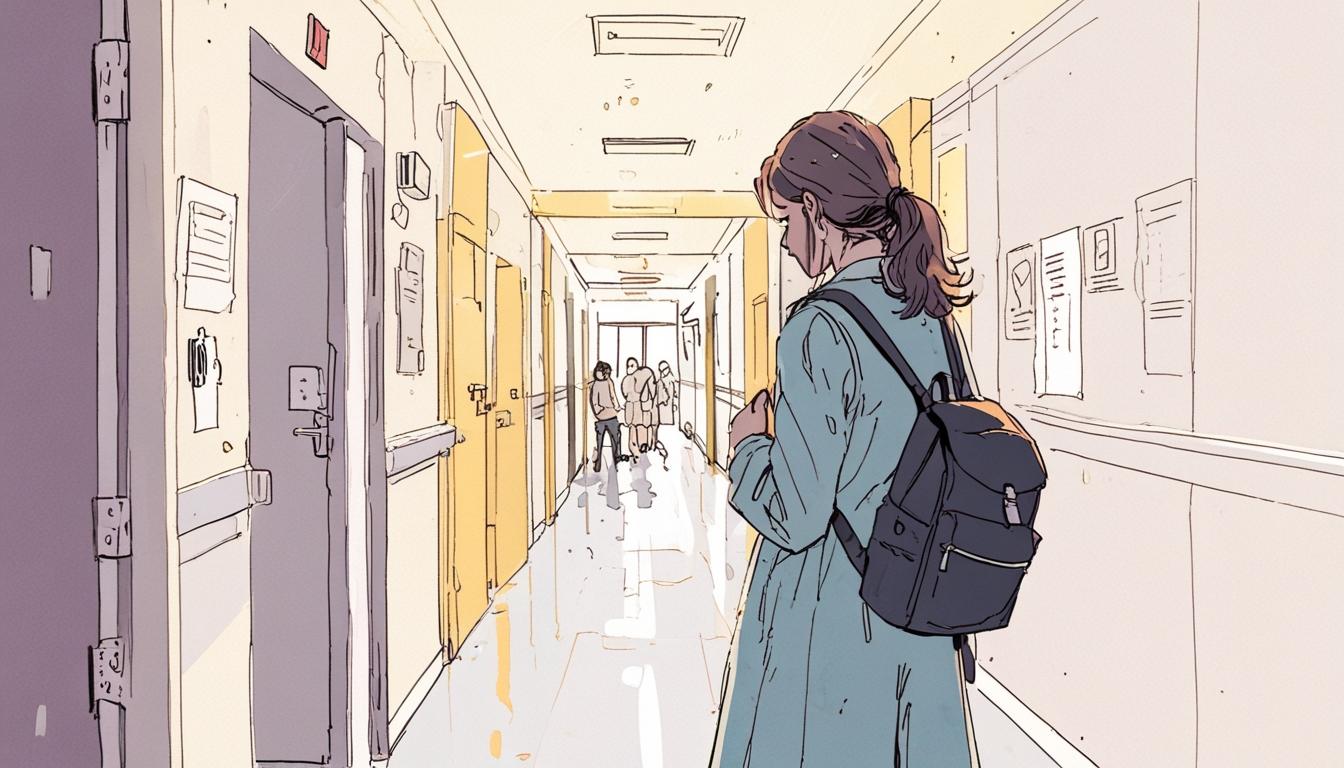Calls for Urgent Reform of Abortion Laws Following Painful Case
The recent acquittal of Nicola Packer has reignited debates over abortion law in the UK, with healthcare professionals and lawmakers urging immediate reform. Ms Packer, a 45-year-old woman, was found not guilty at Isleworth Crown Court of unlawfully administering substances to procure a miscarriage—an allegation that arose after she took prescribed abortion medication while being 26 weeks pregnant, significantly beyond the 10-week limit for home use.
The ordeal faced by Ms Packer, spanning nearly four and a half years, highlights the intense difficulties women endure when navigating the current legal landscape surrounding abortion. Her case has been described by friends and supporters as a "shocking wake-up call" to the necessity of legal reform. Helle Tumbridge, a close friend of Ms Packer, vividly captured the emotional gravity of the situation, stating that it felt like a "persecution" for a "tragic accident."
Compounding the distress, Ms Packer revealed she only discovered her pregnancy when she took a test on November 2, 2020, and after ingesting the medication, she presented the foetus at a hospital in a backpack—a situation that no woman should have to endure. Explaining her actions in court, she expressed disbelief at the implications of her pregnancy, saying “If I had known I was that far along I wouldn’t have done it.”
The Royal College of Obstetricians and Gynaecologists issued a statement asserting that the case illustrates how "outdated and harmful" existing abortion laws can be. The college has joined a coalition of over 30 medical, legal, and public health experts who are calling on Parliament to take urgent action to safeguard women's reproductive rights and abolish the criminalisation of abortion.
Debate over the legal landscape of abortion has a long history in the UK. The 1967 Abortion Act legalised abortion under certain conditions, but numerous cases, including a recent event where a woman was jailed for exceeding the legal limit, have intensified scrutiny over how these laws operate in practice. In June 2023, a justice minister reaffirmed that the law is “settled” in England and Wales, suggesting that any change will require significant political will amidst deeply held beliefs on both sides of the abortion debate.
Stella Creasy, a Labour MP, has indicated that proposed amendments to the Crime and Policing Bill could be published shortly. This amendment aims not only to decriminalise abortion but also to ensure that women have assured rights in this sphere. Creasy's comments underscore an aim to enshrine the right to choose as a fundamental human right, removing the risk of vulnerable women being subjected to the same traumatic legal processes as Ms Packer.
The case has prompted strong reactions within political circles, with Labour MP Tonia Antoniazzi labelling the situation faced by Ms Packer “completely unacceptable.” She highlighted the indignities suffered by Ms Packer, who was taken from her hospital bed to a police cell while facing charges. Explaining the broader implications, Antoniazzi stated, “This is utterly deplorable, and it is not justice."
Legal scholars and activists have long pushed for the decriminalisation of abortion, advocating for legislation that reflects contemporary medical standards and human rights perspectives. Historical debates in Parliament have frequently centred on how to balance the rights of the mother with those of the unborn. In light of cases like Ms Packer's, the conversation is evolving towards not just reforming, but fundamentally reassessing the framework within which reproductive rights operate in the UK.
As calls for change grow louder, it remains to be seen how Parliament will respond to this growing demand for legal reform—to ensure that women are not left feeling like “second-class citizens” in a society that claims to value their rights.
##Reference Map:
- Paragraph 1 – [1], [2]
- Paragraph 2 – [1]
- Paragraph 3 – [2], [3]
- Paragraph 4 – [4], [6]
- Paragraph 5 – [5][6]
- Paragraph 6 – [1], [5]
- Paragraph 7 – [2], [6]
Source: Noah Wire Services
